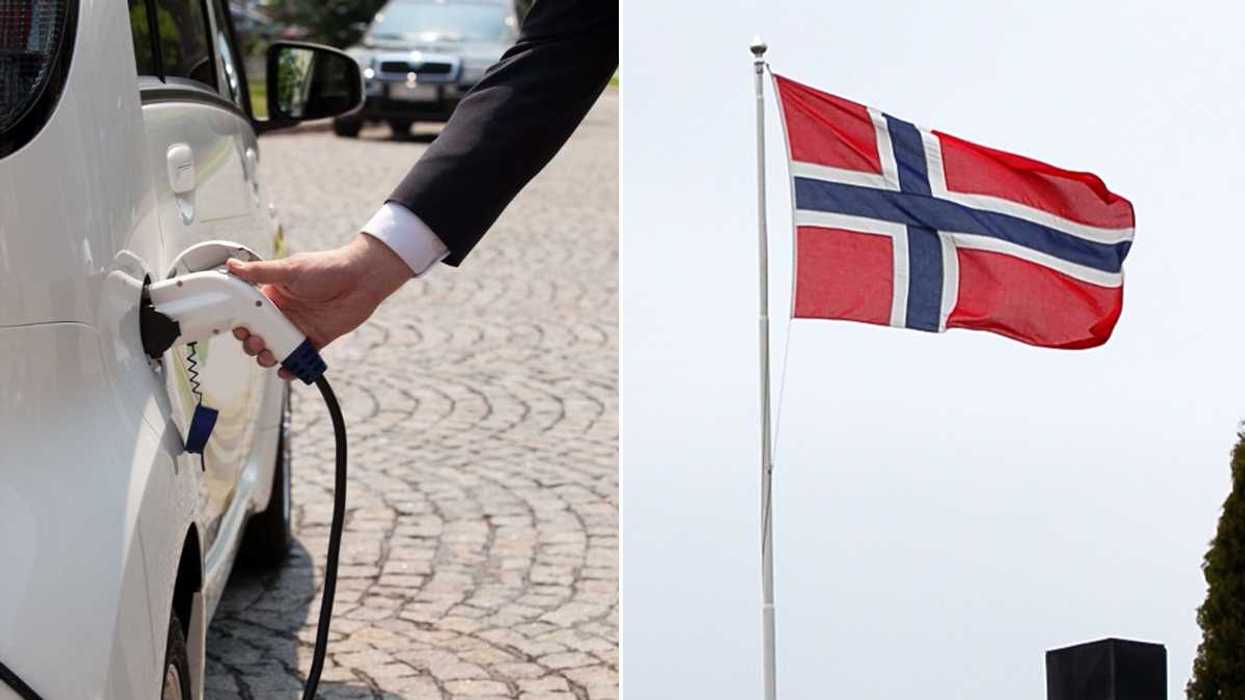Last week, Virginia Governor Terry McAuliffe restored the voting rights of 13,000 ex-felons, defying objections from Republican lawmakers and the state Supreme Court, which had previously barred him from issuing a blanket order that would have granted voting rights to 206,000 former prisoners in one fell swoop.
“I personally believe in the power of second chances,” he said, calling the civil rights of ex-offenders an “issue of basic justice.”
It’s certainly a divisive topic: A Harris poll found that while 60 percent of Americans are in favor of voting rights for felons who’ve done their time and are on parole, only 31 percent believe those still in prison deserve the same privilege. Support drops drastically if a criminal’s offense was violent or sexual in nature.
Today, the Sentencing Project reports that about 5.8 million Americans have lost their right to vote due to a felony conviction. And 2.2 million of them are black. According to the project’s findings, it’s a discrepancy that’s likely to grow given our rates of incarceration: “People of color make up 37 percent of the U.S. population but 67 percent of the prison population,” with as many as three in 10 black men losing their right to vote in the next generation.
Watch the video above to see a detailed breakdown of state laws and how they impact both current and previous offenders—and to form your own opinion about Governor McAuliffe’s history-making move.
















 A parking lot for charging electric vehicles.Photo credit
A parking lot for charging electric vehicles.Photo credit  Oil production.Photo credit
Oil production.Photo credit  Sun shines over the Earth.Photo credit
Sun shines over the Earth.Photo credit 
 Counterintuitively, social media can make you feel more bored and lonely.
Counterintuitively, social media can make you feel more bored and lonely. Talking about what you’ve read can add a social dimension to what can be a solitary activity.
Talking about what you’ve read can add a social dimension to what can be a solitary activity. 
 A flight attendant closes the overhead binCanva
A flight attendant closes the overhead binCanva Gif of Larry David trying to put his luggage in overhead compartment via
Gif of Larry David trying to put his luggage in overhead compartment via 
 Dog owner pets their dogCanva
Dog owner pets their dogCanva Gif of a sad looking pug via
Gif of a sad looking pug via 

 Volunteer work.Photo credit
Volunteer work.Photo credit  Putting the puzzle together.Photo credit
Putting the puzzle together.Photo credit  Woman and her equations.Photo credit
Woman and her equations.Photo credit  A colorful mind.Photo credit
A colorful mind.Photo credit  A happy business team.Photo credit
A happy business team.Photo credit 

 Raccoons know how to get around.
Raccoons know how to get around. The dexterity of raccoon hands enables their humanlike escapades.
The dexterity of raccoon hands enables their humanlike escapades. The dexterity of raccoon hands enables their humanlike escapades.
The dexterity of raccoon hands enables their humanlike escapades.